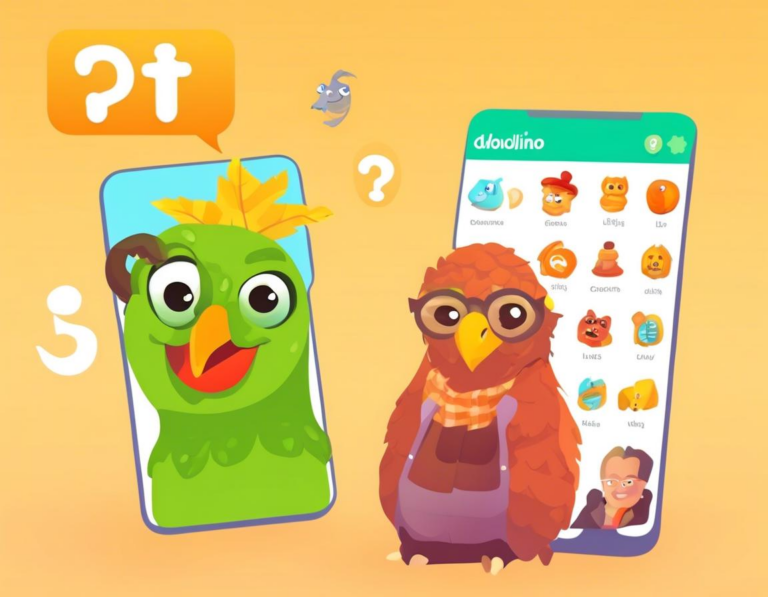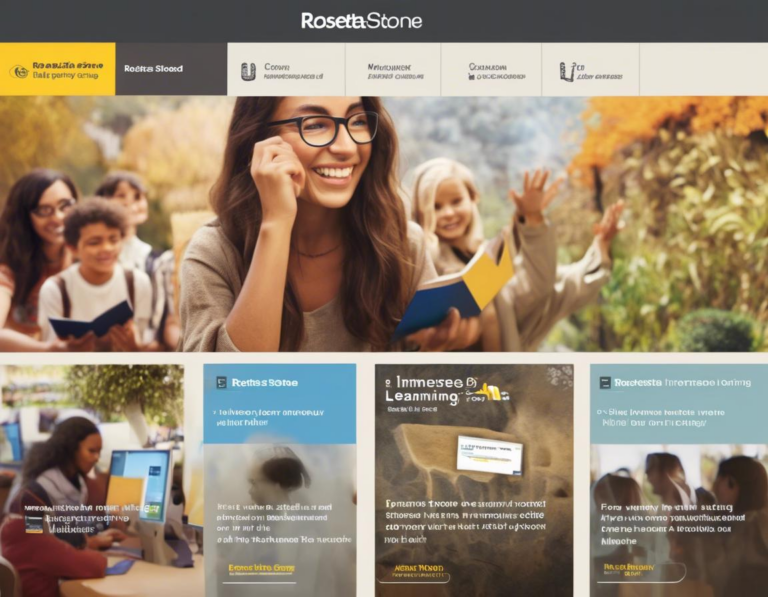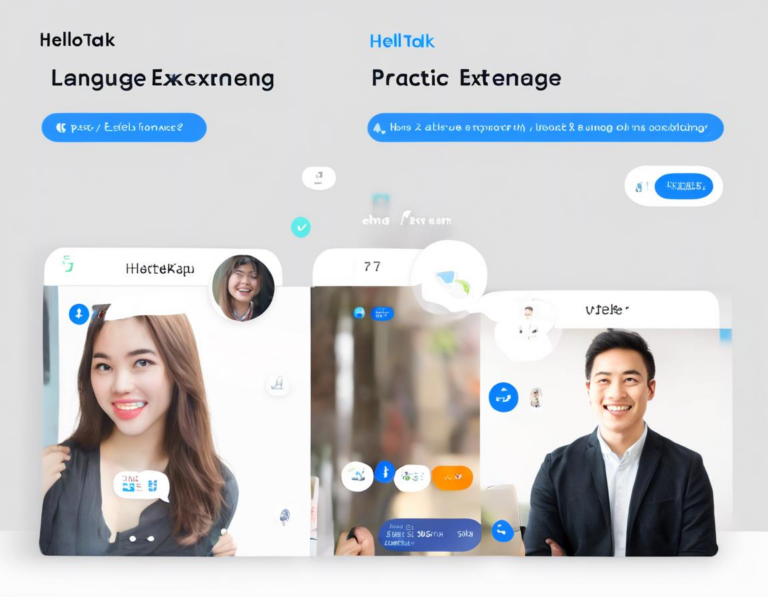Unlocking New Languages: A Guide to Effective Language Learning Apps

In today’s digital world, learning a new language is more accessible than ever. With the plethora of language learning apps available, finding the right one can feel overwhelming. This guide delves into the key features, benefits, and drawbacks of some of the most effective language learning apps, empowering you to make an informed choice and embark on your language learning journey.
Duolingo: Gamifying Language Learning

Duolingo is a free, gamified app that has become a household name in language learning. Its engaging approach focuses on building vocabulary and grammar through interactive lessons, quizzes, and games.
Key Features:
- Free and Premium: Offers a free tier with limited features and a premium tier for enhanced learning.
- Gamified Learning: Utilizes points, streaks, and rewards to keep users motivated.
- Focus on Vocabulary and Grammar: Emphasizes fundamental language building blocks.
- Wide Range of Languages: Supports over 40 languages.
Benefits:
- Accessibility: Free and widely available, making it a good starting point.
- Engaging Learning: Gamified approach keeps users entertained and motivated.
- Strong Foundation: Builds a solid foundation in vocabulary and grammar.
Drawbacks:
- Limited Context: Focuses primarily on isolated words and phrases, lacking real-world applications.
- Potential for Superficial Learning: May not foster deep understanding and fluency.
Babbel: Comprehensive Language Courses

Babbel is a paid app known for its structured and comprehensive language courses. Its curriculum emphasizes practical skills and conversational fluency.
Key Features:
- Subscription-based: Offers a variety of subscription plans for different learning needs.
- Structured Courses: Provides comprehensive lessons covering vocabulary, grammar, and pronunciation.
- Focus on Conversational Skills: Emphasizes speaking and understanding through interactive dialogues.
- Offline Access: Allows users to access lessons without internet connection.
Benefits:
- Structured Learning: Follows a clear progression, ensuring a thorough understanding.
- Practical Applications: Focuses on real-world scenarios and conversational skills.
- Variety of Learning Materials: Includes audio, video, and written content.
Drawbacks:
- Paid Service: Requires a subscription, potentially limiting accessibility.
- Limited Language Options: Supports fewer languages compared to Duolingo.
Rosetta Stone: Immersion-Based Learning

Rosetta Stone is a renowned language learning platform known for its immersive approach. It focuses on developing fluency through real-world scenarios and interactive simulations.
Key Features:
- Subscription-based: Offers various subscription plans for different learning needs.
- Immersive Learning: Utilizes visual aids, audio, and interactive activities to create an immersive experience.
- Focus on Fluency: Emphasizes developing listening, speaking, reading, and writing skills.
- Dynamic Learning: Adapts to individual progress and learning pace.
Benefits:
- Immersive Experience: Creates a realistic language learning environment.
- Holistic Approach: Covers all four language skills.
- Personalized Learning: Adapts to individual needs and learning styles.
Drawbacks:
- Costly Subscription: Can be expensive compared to other options.
- Limited Language Options: Supports fewer languages than some other apps.
Memrise: Memory-Based Learning

Memrise is a popular app that utilizes spaced repetition techniques to aid memory retention and accelerate language acquisition. It focuses on vocabulary, grammar, and pronunciation through interactive exercises and games.
Key Features:
- Free and Premium: Offers a free tier with limited features and a premium tier for enhanced learning.
- Spaced Repetition: Utilizes an algorithm to optimize vocabulary retention.
- Interactive Exercises: Offers engaging activities for vocabulary building and grammar practice.
- Focus on Pronunciation: Includes audio recordings and pronunciation exercises.
Benefits:
- Effective Vocabulary Learning: Uses spaced repetition to boost memory retention.
- Engaging Exercises: Keeps learning fun and interactive.
- Pronunciation Focus: Helps users develop accurate pronunciation.
Drawbacks:
- Limited Grammar Coverage: Primarily focuses on vocabulary and may not offer comprehensive grammar instruction.
- Potential for Overreliance on Memory: May not encourage deeper language understanding.
HelloTalk: Language Exchange and Practice

HelloTalk is a unique app that connects language learners with native speakers for real-time language exchange and practice. It facilitates conversation through text, voice, and video calls, providing immersive language immersion.
Key Features:
- Language Exchange: Connects users with native speakers for conversation practice.
- Text, Voice, and Video Calls: Offers various communication methods for immersive practice.
- Interactive Learning Tools: Includes translation features, grammar corrections, and language games.
- Global Community: Provides a platform to connect with language learners worldwide.
Benefits:
- Real-world Conversation Practice: Enables authentic language exchange with native speakers.
- Immersive Learning: Creates a natural environment for language immersion.
- Cultural Exchange: Offers opportunities to learn about other cultures.
Drawbacks:
- Potential for Miscommunication: Relies on user responsibility for accuracy and communication.
- Limited Structured Learning: Lacks structured lessons and may require additional resources for grammar and vocabulary.
Choosing the Right App for You
Selecting the most effective language learning app is a personal decision based on individual learning style, preferences, and goals.
- Consider your learning style: Do you prefer a gamified, structured, immersive, or memory-based approach?
- Evaluate your budget: Free apps offer a great starting point, while paid apps provide more features.
- Define your language goals: Do you want to learn vocabulary, improve fluency, or master specific skills?
- Explore different options: Try out multiple apps to find the one that best fits your needs.
By carefully considering these factors and exploring the features and benefits of various language learning apps, you can empower yourself with the right tools to unlock the door to a new language and world of possibilities.

